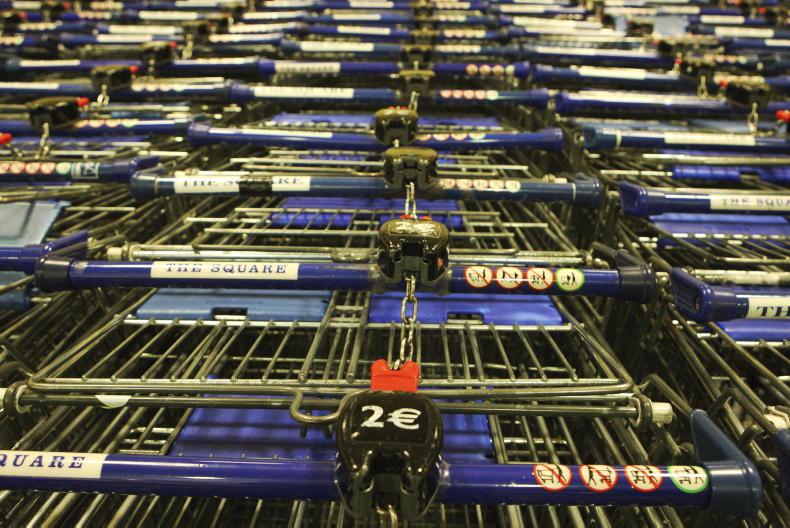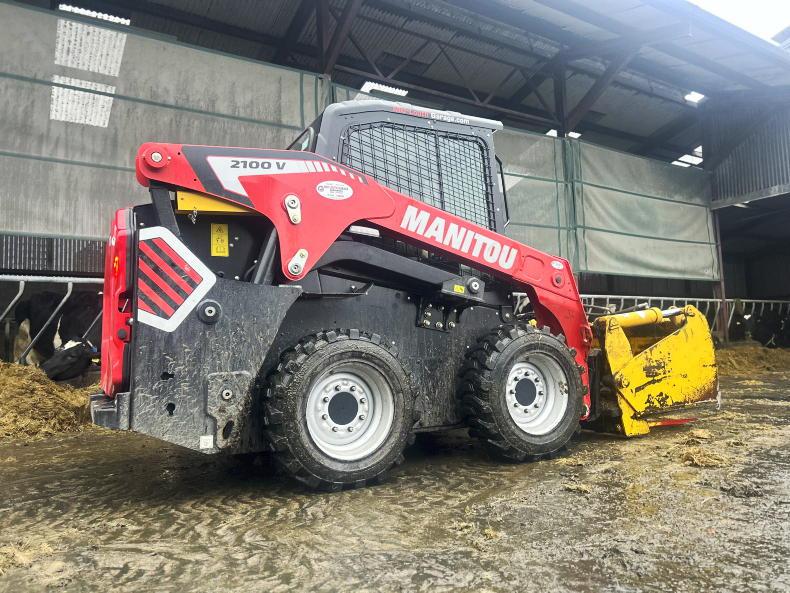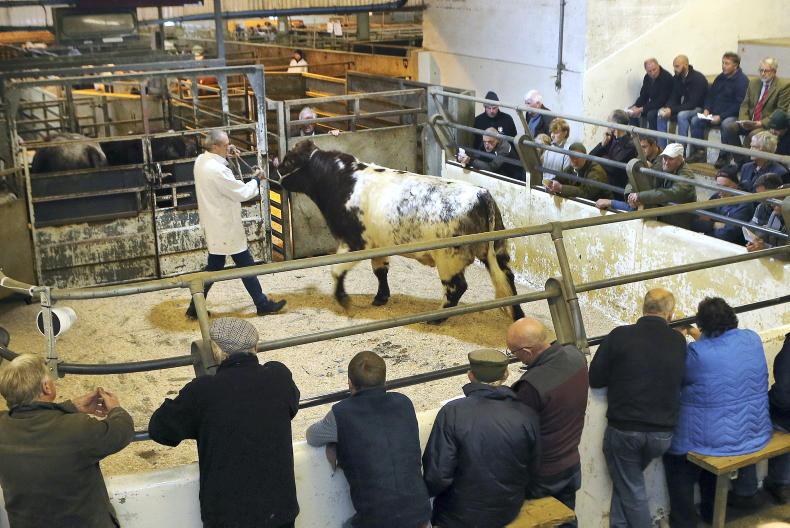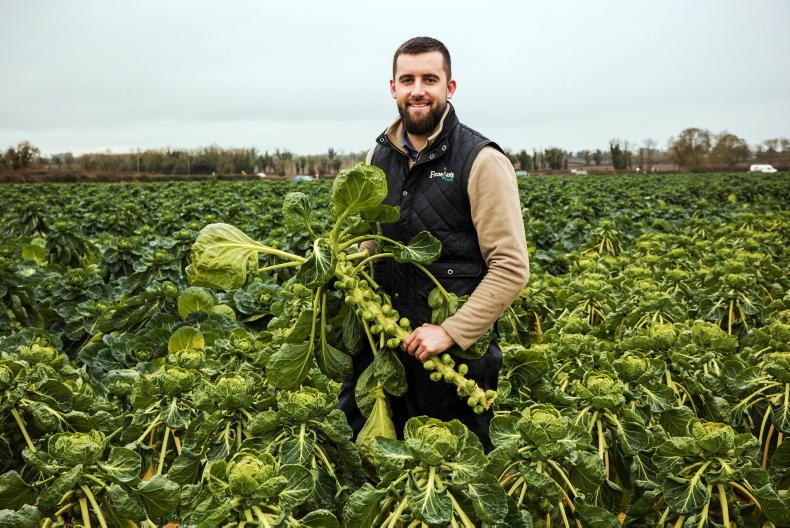Roast beef sales soared by €5.5m during Easter, the latest Irish grocery market share figures from Kantar has shown.
Grocery market growth in Ireland slowed to 1.9% over the past 12 weeks ending 18 April, while sales declined by 3.3% compared with the same period in 2020.
Retail analyst at Kantar Emer Healy said: “Consumers still made an effort to mark occasions during lockdown, laying on traditional feasts and spending an extra €5.5m on roast beef and €6.5m on vegetables.”
Consumer trends
Take-home grocery spending remains 19.4% higher than pre-pandemic levels. With restrictions still in place and most eating all meals at home, the average household grocery bill was €245.10 higher in the past 12 weeks than in 2019.
“As the vaccine rollout continues, Irish shoppers are beginning to venture out more and they visited the supermarket an additional 3,992,538 times in the past four weeks compared with this time last year,” Healy continued.
“This is the most shopping trips in a month since March 2020. The mostly vaccinated over- 65s are leading the return and increased their visits to bricks-and-mortar stores by 13.7% compared with this time last year, ahead of the national rate of 8.9%.”
Retailers
SuperValu continued to hold the largest share of the grocery market at 22.5%, its highest level since June. Meanwhile, Tesco’s sales increased by 2.0%, as the grocer attracted new customers through its doors to boost sales by €1.1m.
Dunnes accounted for 21.1% of grocery sales this 12-week period. As new regulations that restrict alcohol promotions through customer loyalty schemes come into force, Dunnes has seen its share of alcohol sales drop by 2.8 percentage points in the past 12 weeks.
Lidl received the most significant boost from people making extra, smaller shops this month. Basket-sized trips increased by 8.8% year on year at the retailer, helping it to achieve the fastest growth this period. Aldi held 12% of the market as shoppers continued to pick up additional items in-store.










SHARING OPTIONS